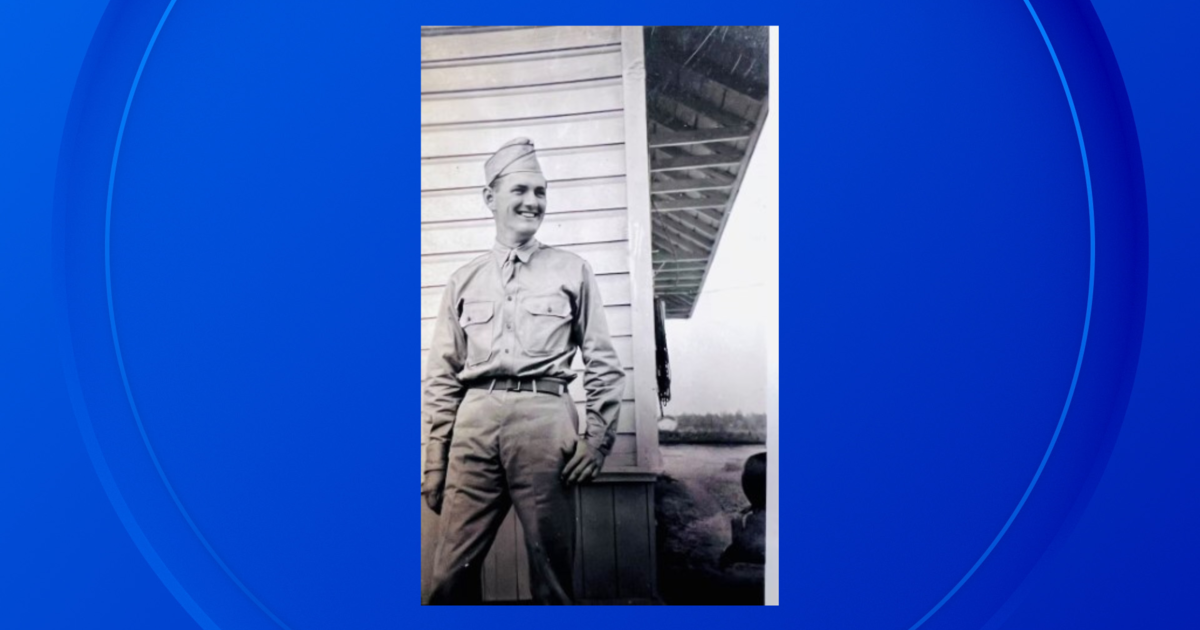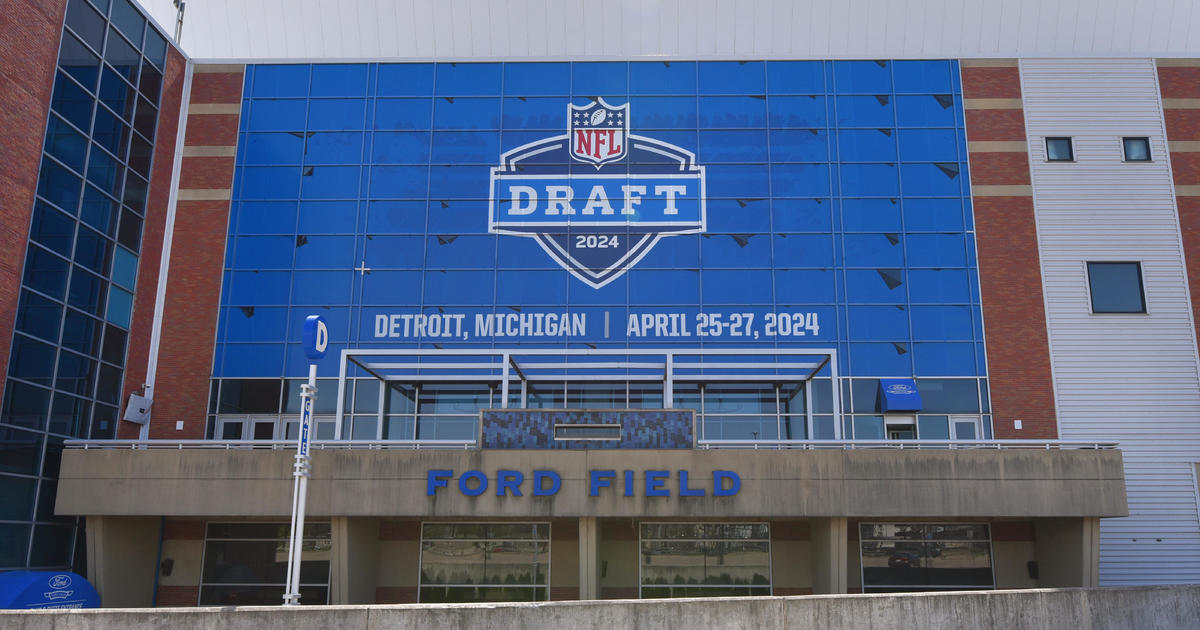The Boston Bomber Rolling Stone Controversy is Nonsense [BLOG]
By Eric Thomas
It's disturbingly predictable, the cycle of revulsion in America. The Rolling Stone cover featuring the Boston Bomber is a moth light for outrage. His back against a wall, peering between the letters, lips pursed, eyes smoky, hair curly and voluminous; he looks at home on that cover—which probably explains the fire-breathing anger triggered by his picture on the cover of the Rolling Stone.
There have been more than a thousand comments on the Rolling Stone Facebook page. Drug stores and grocery stores in Massachusetts have announced that they will not sell the magazine. Mayor Thomas Menino, a man who deals the outrage card more than any, condemned the magazine and added in a letter to the publishers, "There may be valuable journalism behind your sensational treatment, though we can't know because almost all you released is the cover."
For Menino and others, they can't wait to evaluate the article on its merit. That could take time, a few days, maybe even a week. There's outrage to harvest. The cameras are waiting. They might go away if you dawdle. The opinion must be instant and you lose points if you consider it. Let's not forget that this is the same Mayor who demanded an apology from Cartoon Network for hanging Lite Brite ads around town, because he feared they were part of a terrorist plot.
This controversy isn't real. It's being exploited by people who answer the dinner bell of outrage and supplemented by the herd-like mentality among the American public. People who gripe about his "glamorous" treatment on the cover apparently haven't seen other pictures of Jahar. The kid takes a good picture. His image has spawned hundreds of panting prepubescent girls—who've paused from their boy-band worship and erect websites in his honor.
There's something else in this outrage, but you might have to twist your hearing to notice it. "They're glamorizing terrorism," has been oft repeated on social media for the past two days. If you scratch off the surface, understanding that Rolling Stone is merely printing a picture seen many times since the aftermath of the Boston Bombing, you can read between the lines: This is the current, Caucasian face of American Islamic fundamentalist terrorism.
Dzhokhar Tsarnaev looks like a guy you knew in high school or college. A pot smoking, video game playing, sports fan; friends said he was more concerned with cheeseburgers and Twitter than religion.
Tsarnaev, and specifically his picture, is an uncomfortable truth for many. In today's highly caffeinated, instant opinion echo chamber, Tsarnaev's image is a wrench into the spinning centrifuge of xenophobic hatred and mistrust of "them." Those who've spent the last decade screeching that profiling was the answer to America's security woes have run smack into reality. The way a person looks has nothing to do with how he or she thinks. When you stuff people into boxes based on how they look, you miss the slowly simmering stew inside. The reason they didn't suspect Jahar was because he didn't look like the type.
The cover is important, and Tsarnaev's story is vital for people to understand. It proves the futility and fallacy of the "War on Terror." You can't declare War on an idea and you can't assign an idea to a part of the world or color of a person's skin. Proponents of frequent drone strikes, carpet bombs and "fighting them there" get cracked in the face when the new face of Islamic terrorism is white.



